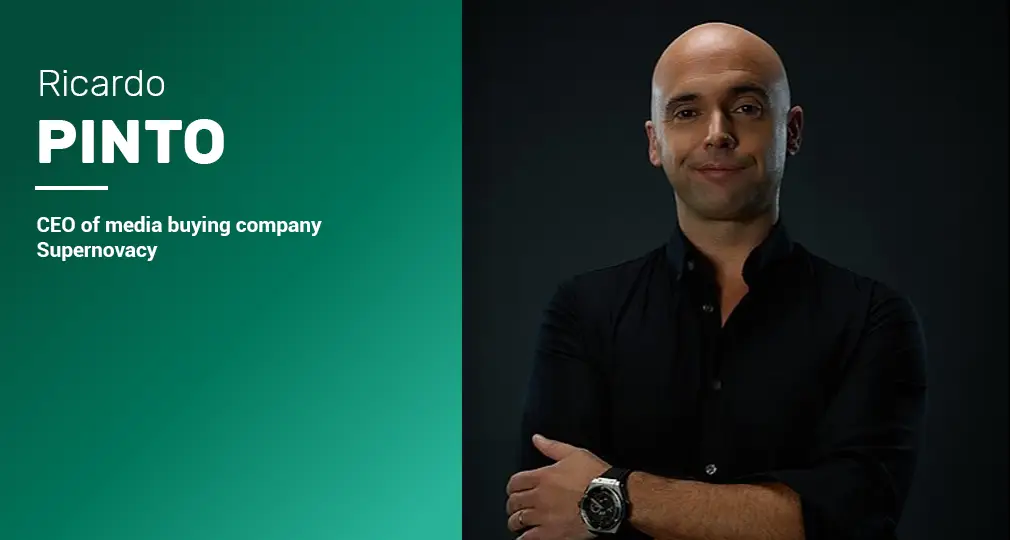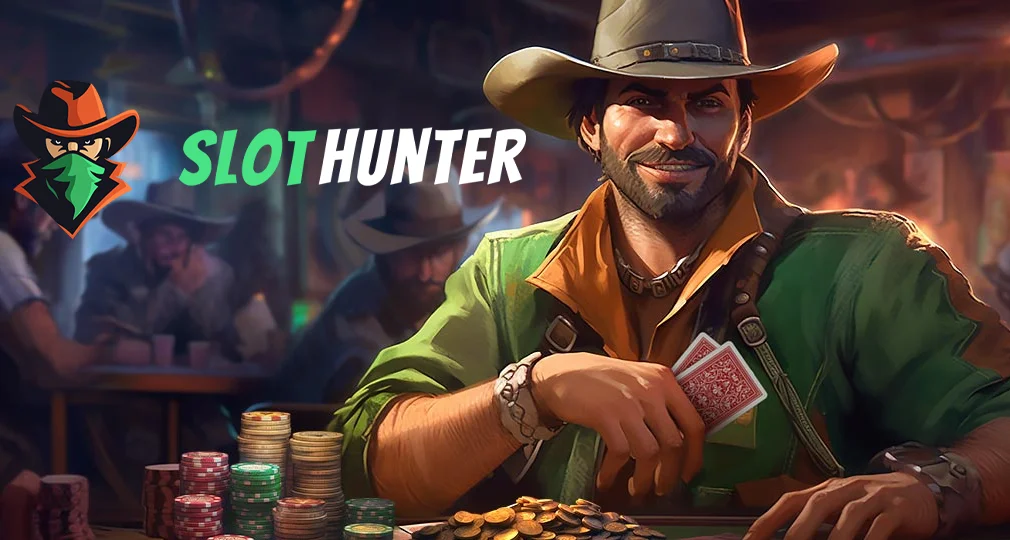Digital media buying is often discussed in the trending gambling business news. Marketing experts consider it to be one of the most efficient ways of advertising for a casino or a sportsbook. However, even in 2021, media buying remains a terra incognita for many ops.
Ricardo Pinto, CEO of media buying company Supernovacy, has shed a light on online media buying and its role in the iGaming industry. The expert has talked about the main trends in online media buying, explained how to comply with ad policies and regulations in multiple jurisdictions, and talked about the aspects of a gambling ad campaign.
How does digital media buying in the iGaming sector differ from marketing in other verticals?
Concept-wise, not much. Online media buying is pretty straightforward. Commercially, it is also very similar but, technically, that’s where the bigger differences are. Although the iGaming industry looks to be very active and entertaining, it’s not that advanced in terms of marketing innovation, like remarketing and other forms of engaging with customers. But the question is: does it need to be? I think it doesn’t have to be. It is simple and it works.
What are the most prominent trends in digital media buying in the iGaming sector? Which trends are going to emerge in 2022?
We never know what is going to emerge, there are too many variables. Formats, competitors, advertisers’ internal policies, legal changes, and requirements, etc. A couple of examples, during Covid most operators asked affiliates from mentioning the word “Covid” in their content. So, if you had a football player with Covid, you could write about it but not place any ads from operators. Another example is the Spanish iGaming advertising policies that recently changed blocking media buyers from operating. Whatever trends you may follow, there are bigger variables to follow.
Could you give some tips for adjusting marketing strategy to different gambling jurisdictions while staying compliant with all the regulations?
We are very straightforward on this. To be compliant, we can only use content provided by the betting operator. By doing so, you just work side by side with the operator to be on the same page in each jurisdiction. You can be creative but you must be creative with the operator’s knowledge. If both – an advertiser and an operator – are aware of dos and don’ts, everything works fine and they can both worry about the operation itself, product, customer service, etc.
As Facebook and Microsoft tighten their gambling ad policies and Google plans to ban third-party cookies, the work of media buyers becomes more difficult. How do you adjust to all these changes and restrictions?
What looks like a block quickly becomes a challenge. And most industries thrive when they are challenged. People, companies, and technology adapt to the circumstances, and problems are solved. The gambling policies being stricter is fine, as long as they are reasonable. As for the tech part of the third-party cookie, there is already a new solution on the table – local storage. A similar result, different tech. So, the industry will adapt and continue business as usual or even better.
Which advertising platforms work the best for promoting casino and betting services?
As a media buyer, I can’t say which platforms work best. Operators work directly with publishers, one on one, avoiding third parties. With this, we have full control of where, when, and what is shown to the user, helping with the full compliance mentioned above. It’s hard work to be in constant contact with hundreds of publishers on a daily or weekly basis but it’s this relationship that thrives in our business. No platform, human relations.
In your opinion, how important is ad placement for the promo campaign of the gambling business?
Vital. Ad placement has the same principle for being valuable as real estate. Location, location, location. Same with the advertising space. The right ad, with the highest visibility in the right content, generates the best return. For example, it’s Saturday afternoon, and later that day you will have Barcelona vs. Madrid. A sports betting offer, specially designed for that match, being shown above the fold on the sports news outlet, it doesn’t get better than this.
What are the most common mistakes in gambling ad campaigns that lead to low customer retention?
Retention wise, it varies from market to market, there is no direct and right answer. An Indian player might value the deposit/withdrawal possibilities that the operator added, a Japanese will value the existing information provided by the operator of a particular game, a Latin player values the offer with the highest return. Everyone is different, the operator must study and know what the market wants.
From the advertiser’s standpoint, could you give some tips for attracting the first deposit from a new client?
After buying the best real estate, it all comes down to interest in the acquisition offer. Unfortunately, many operators do not thrive as their offers fall on average and competitors, with creativity, can go the extra mile. The very best example, my favorite, and absolute genius is the offer that Coral made for the 2014 World Cup. Their campaign was that Brazil would play the first home game wearing the yellow jersey, paying 2 to 1. The home team playing with their main jersey on the opening game is mandatory by FIFA regulations… With this, Coral made users sign up, create an account, deposit, search for the right market, place a bet, and pay the bet. Full betting and winning experience for the user. Can’t beat this.
Read more: Top CPA networks













